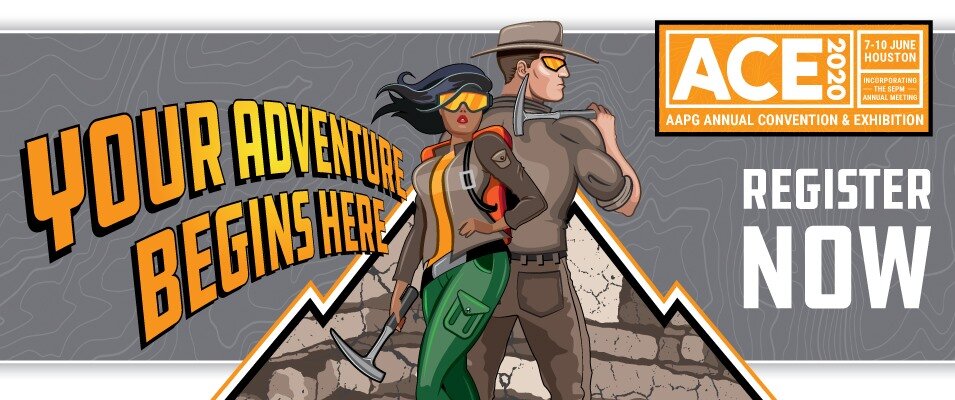No going back
/At last, 2021 is fully underway. There’s a Covid vaccine. The president of the US is not deranged. Brexit is essentially over. We can go back to normal now, right? Soon anyway… after the summer… right?
No.
There is no ‘back’ on this thing, only forward. Even if there was a back, there is no ‘normal’.
So, as comforting as they are, I try to avoid ideas like ‘recovery’, or ‘getting back to normal’. Instead, I look forward to different — and better — things tomorrow.
You can’t go back
In spite of what you might have gathered from a certain Christoper Nolan movie, the arrow of time only points in one direction: from the past to the future. Sometimes this seems scary, because you can’t control the future. But, unlike the past, you can affect it. Specifically, you can improve it.
The price is uncertainty, because we don’t know what the future holds. If you work in the petroleum industry, debilitating uncertainty is a familiar sensation. I feel like people have been looking forward to ‘the recovery’ for as long as I can remember. People refer to the short-period (roughly 5-year) ups and downs as ‘cyclic’, but that’s not what it is. It never returns to its previous state. Ever. It’s more of a spiral in the multi-dimensional universe, never seeing the same world twice. And it’s not a pretty spiral, because it’s not going anywhere in particular (except, in the case of the oil industry, down).
There are no cycles, returning the world to some previous state now and then. Thank goodness! Instead, we have more of a random walk in a high-dimensional space, never returning to the same state. This is absolutely simplistic, and hard to draw in 2D… but you get the idea.
The thing is, the world is a complex system, full of feedback and nonlinearity. Changing one thing changes a hundred other things. So the world after an earth-juddering event like the Covid pandemic is not the same as the world before that event. A great many things have changed completely, for example:
Working from home means that millions of people have an extra hour or two in their day. That’s hard to roll back.
Some industries have been crushed (airlines, hospitality), others have exploded (try and buy a bicycle!).
We’ve been shown a new, more inclusive, more accessible, more sustainable way to run events and conferences.
A nudge to adapt
Even if you could go back, do you want to? Sometimes, of course, it’s human nature. We miss people we’ve lost, or feelings we cherished, and it’s comforting to remember old times. And the future will hold new people and new experiences. But it’s impossible to forget that the ‘good old days’ were not awesome for everyone. The 1970’s were filled with overt racism and sexism. The 1980’s saw unfettered capitalism and the palpable threat of nuclear war. The hey-days of the oil industry were tainted by corruption and frequent environmental catastrophe. No-one wants to go back to those things.
If we think of ourselves as evolving beings, then maybe it helps to look at what’s happening around us as environmental pressure. It’s a nudge — or a series of nudges, and unusually big ones at the moment — to adapt. We (ourselves, our families, our employers, our technical societies) can choose to ignore them and try to get ‘back to normal’ for a while. Or we can pay attention and get ready for whatever is next.
Change you didn’t choose is uncomfortable, even scary. But much of the discomfort comes from shielding yourself from the change — waiting it out with gritted teeth — instead of adapting to it. Adaptation isn’t easy either, it takes daily effort to learn new ways to be productive, acquire new skills to help society, and keep on moving towards the things that bring fulfilment. And I think leaving behind the “back to normal” mindset is step 1.
What do you think? Are you sticking to the ‘white knuckle’ strategy, or have you started adjusting course? Let us know in the comments.










 Except where noted, this content is licensed
Except where noted, this content is licensed